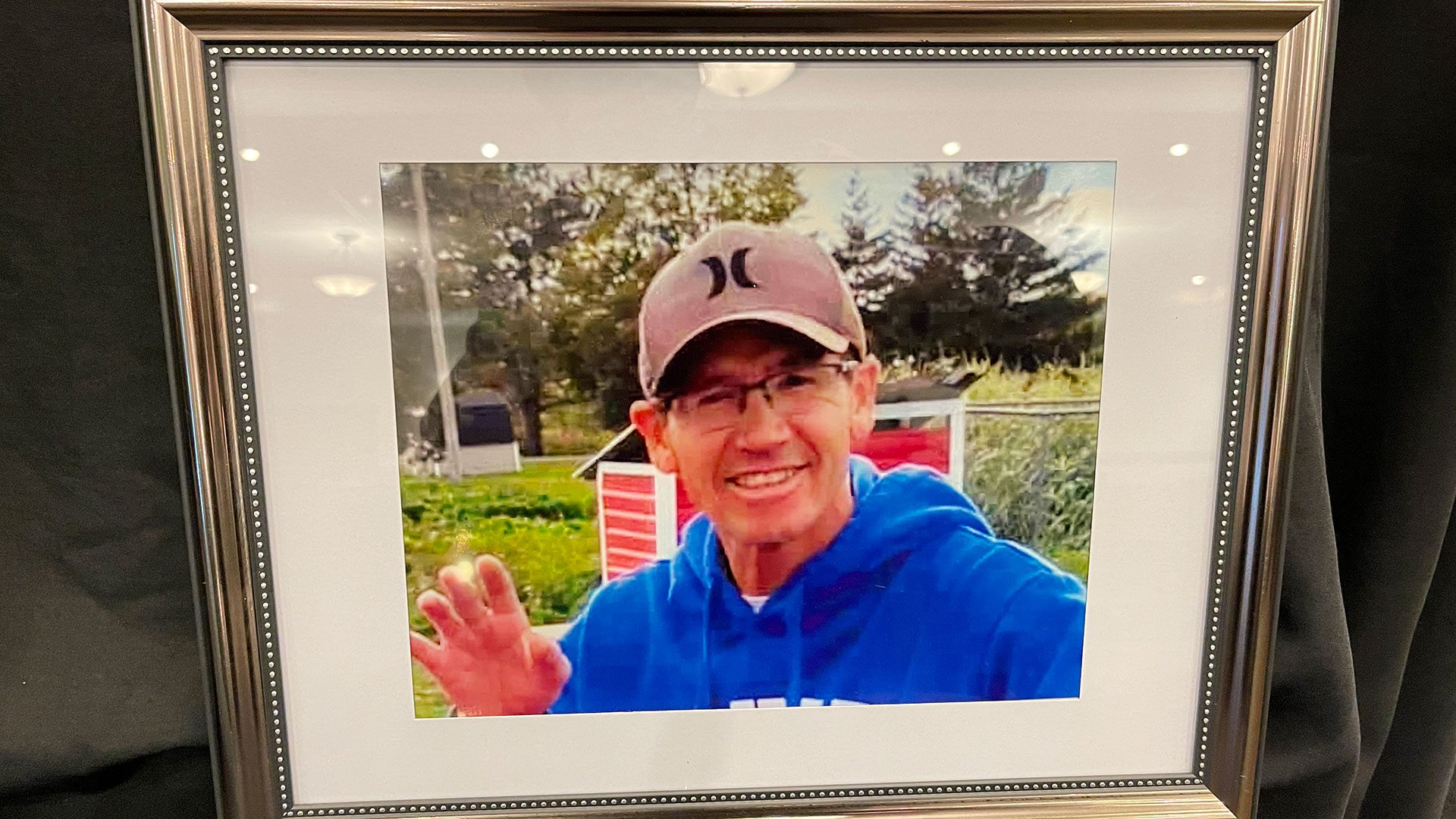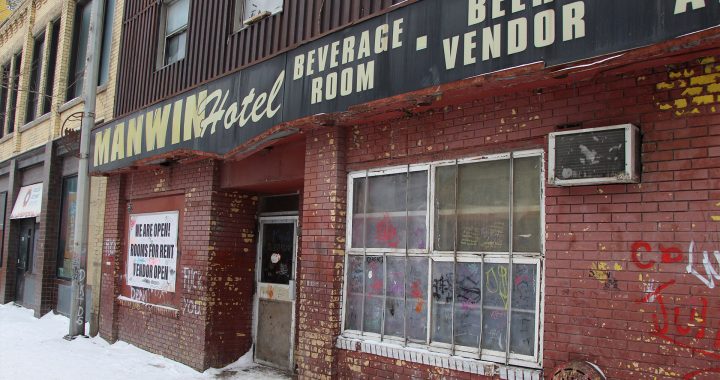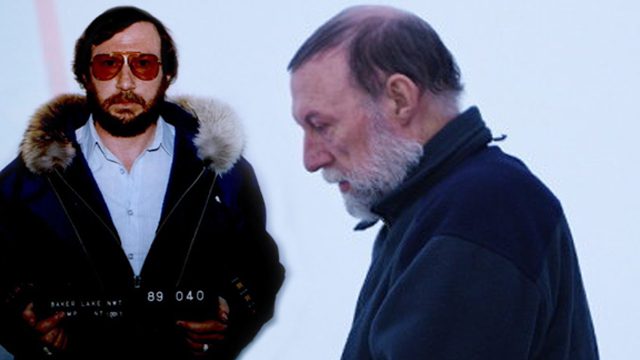Doctors testifying at a coroner’s inquest into the police shooting of Rodney Levi from Metepenagiag First Nation in New Brunswick say more addictions and mental health services are needed in the province.
The five-member coroner’s jury heard today that 48-year-old Levi was addicted for years to numerous drugs, including crystal meth.
He was shot dead by RCMP on June 12, 2020, when they responded to a call about a man with knives at a home in Sunny Corner, N.B.
Retired Dr. Linda Hudson says she started treating Levi in 2002, and she says he would regularly attend a detox clinic but would usually check out early and not take follow-up counselling.
She says there’s a need for more community-based services so people don’t have to travel far for help.
“Because I knew he struggled, and I could see him spiralling down and that was difficult to see,” she told the inquest. “Especially when I knew that you know, that at the basic level he really wanted to be free of his addiction.”
Hudson said more resources are needed in New Brunswick to help.
“I think we need more resources when it comes to addictions, resources that are community-based so that people don’t feel that they have to go outside their community for it,” she told reporters. “We need more mental health workers in all of the communities, not just the First Nations communities.”
“The mortality rate with addictions is higher than the mortality rate with cancer. It’s a public health emergency.”

Hudson and Dr. Sergiv Ostashko, a psychiatrist at Miramichi Regional Hospital, both said Levi suffered from paranoia and often expressed suicidal thoughts.
“We need enough staff to work with psychiatric patients,” he told the inquiry.
He said the wait to get into psychiatric counselling in Miramichi is about 18 months and almost three years in Moncton.
Greg Zed, a forensic suicidologist, with 45 years of experience, said he examined Levi’s history of mental health issues, addiction and interaction with police. He said he looked at eight factors that lead people to try and get killed by police, and he noted there were seven present in Levi’s death, including history of conflict with the law, stressors and suicidality.
“Rodney Levi died as a result of the phenomenon known as suicide by cop,” Zed told the inquest.
Police attempted to get Levi to drop two knives he was wielding and jolted him three times with a Taser. Officers testifying Monday at the inquest said at one point Levi said, “You’re going to have to put a bullet in me.”
They said he lunged toward an officer and was shot twice.
Zed said he believes suicide by cop is present in a third of all police shootings. He said more services are needed for mental health in New Brunswick and they must also be culturally sensitive by involving members of First Nations communities.

Levi’s niece, Becky Levi, said Monday Rodney was not suicidal.
“It was so frustrating,” she told reporters after the inquest had ended for the day. “I knew my uncle Rodney. He was a lot of things, but suicide wasn’t one of them. He had his troubles with depression but he just wouldn’t do that. He tried so hard. Look at how many times he reached out for help,” she said. “Instead of getting help, he was shot and killed.
Rhoda Levi disagrees with Zed’s theory and was outraged.
“His life mattered to us, but they didn’t give him that opportunity, he was just another dead Indian, didn’t deserve anything, he didn’t deserve the compassion, the care, the understanding.”
Rhoda said the inquest has been stressful.
“That’s so hard I can’t believe it I’m really hurt, I’m really hurt we lost our brother our uncle it’s difficult, he was a human being he was loved by everybody in our community, he was struggling and wanted help and wanted to better himself,” she said.
A coroner’s inquest does not assign blame but issues recommendations intended to help prevent a death under similar circumstances in the future.
The inquiry into Levi’s death continues until Thursday.
With files from the Canadian Press










